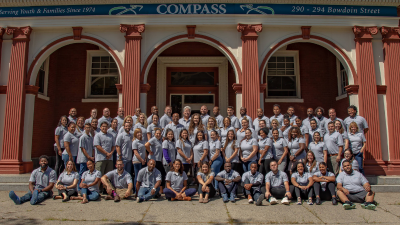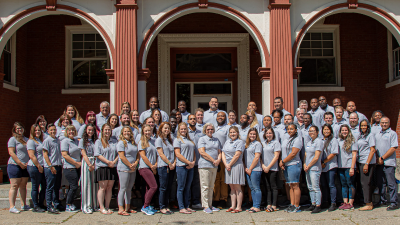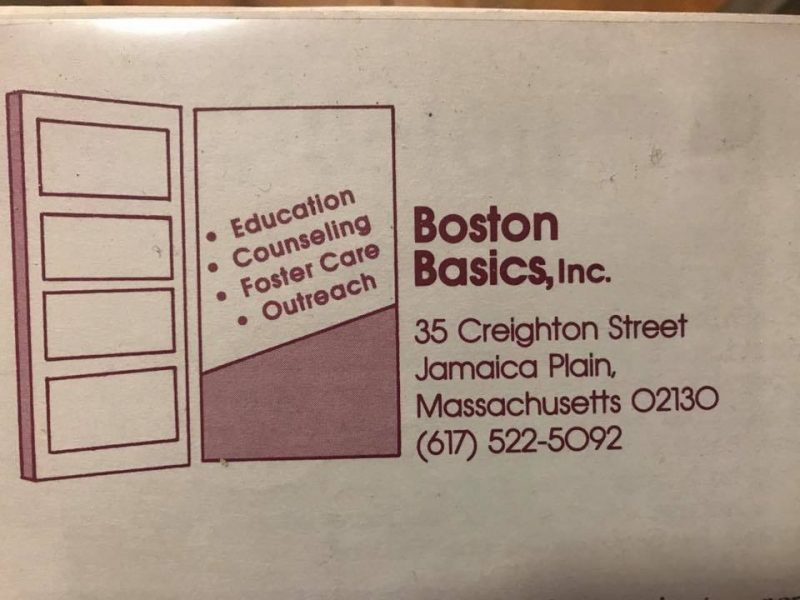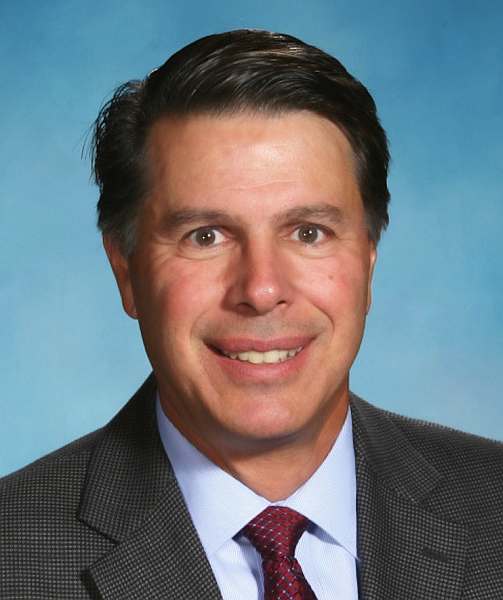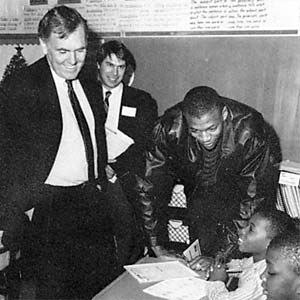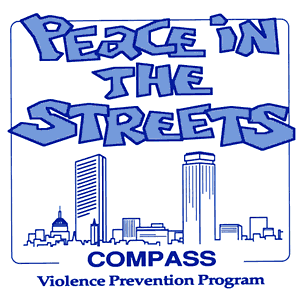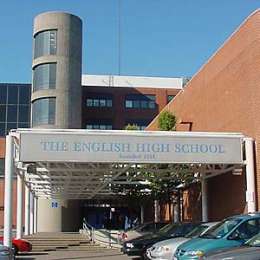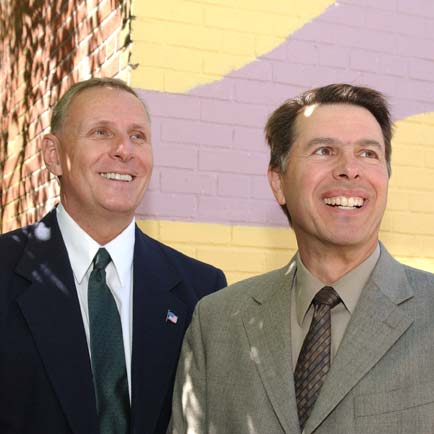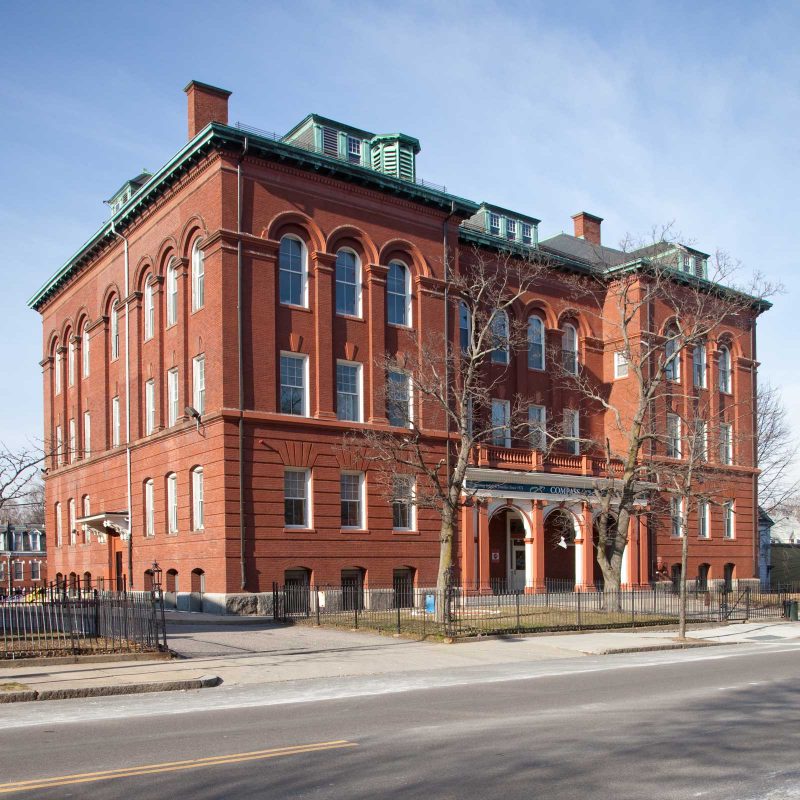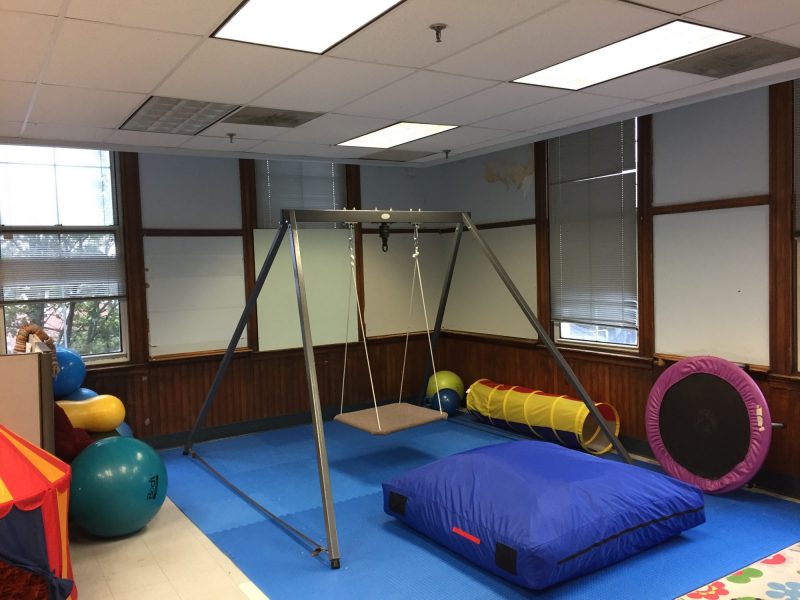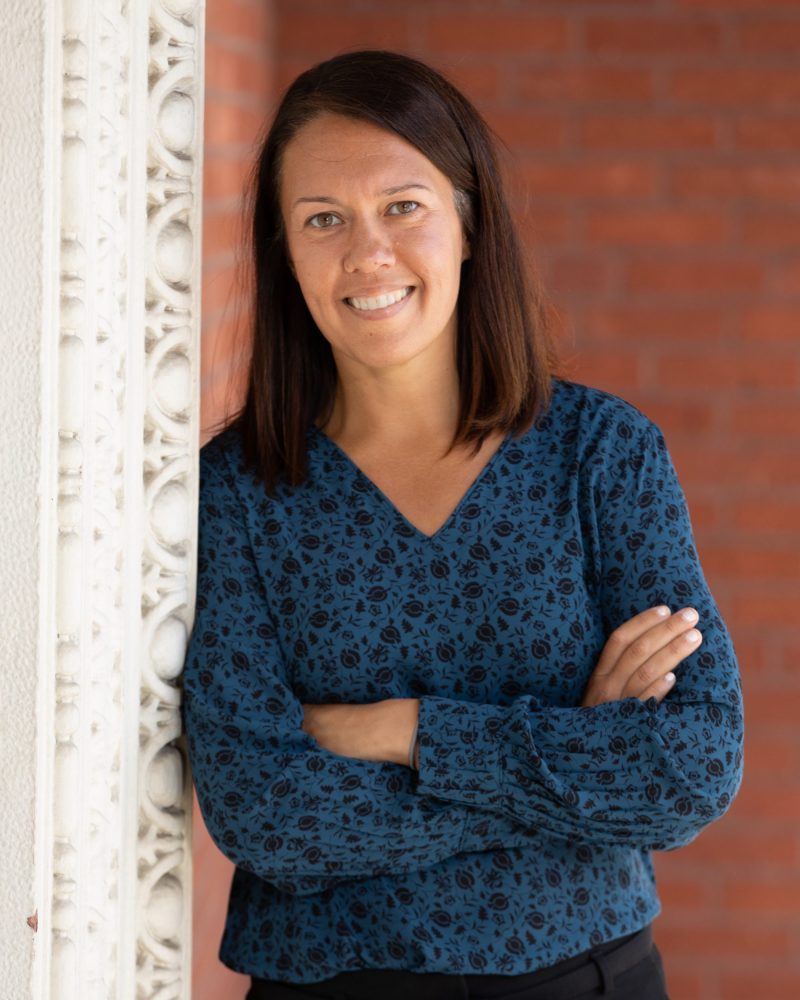Since 1974, COMPASS’ programs and services have evolved in nature and location in response to changing needs of its clientele.
COMPASS’ mission is to equip those it serves with the skills to become self-sufficient, productive members of their communities and society.
The organization’s first services were special education, outreach and tracking, and foster care in the Greater Boston area. As the reputation of COMPASS’ successes and expertise began to grow, it started to have a wider base for referrals outside of Greater Boston and into Central and Northern Massachusetts.
Today, COMPASS has established itself as one of Massachusetts’ leading providers of special education and human services for youth and families in need. It specializes in providing services to an at-risk population that includes comprehensive and individualized education, stabilization, transition, counseling, support, and enrichment services.
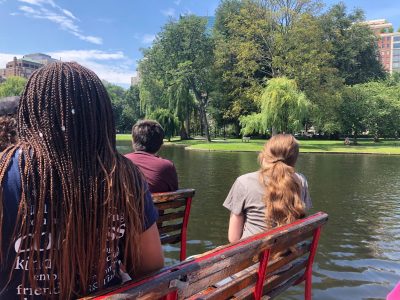
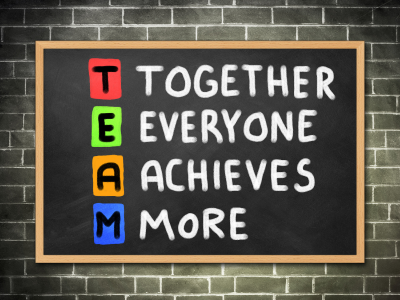
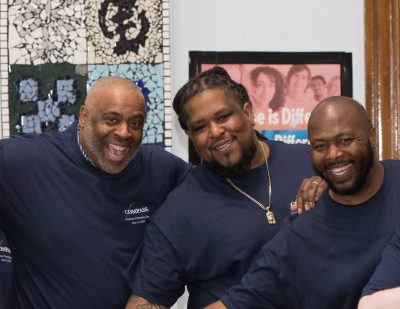
COMPASS Programs
THE COMMUNITY SERVICES PROGRAM PROVIDES HOME-BASED, THERAPEUTIC SUPPORT AND STABILIZATION FOR INDIVIDUALS AND FAMILIES IN NEED THROUGHOUT MASSACHUSETTS.
LOCATED IN DORCHESTER, THE COMPASS SCHOOL WORKS WITH STUDENTS (AGED 6-21) WITH VARYING DISABILITIES THAT REQUIRE SPECIAL EDUCATION IN AN INDIVIDUALIZED ENVIRONMENT.
COMPASS History
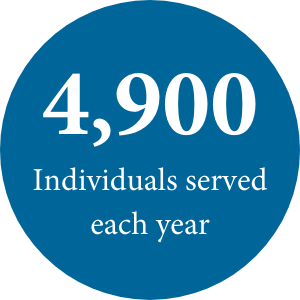


CORE VALUES
In its various programs, COMPASS provides services to a wide variety of clients, including children and adolescents, families, public schools and school districts, and other private non-profit and public organizations. We define the quality of the services we provide in terms of the following core values:

- Capacity Building: We facilitate with our clients the process of developing, as quickly as possible, their own independent capacity to progress and succeed.
- Comprehensive: Our programs and services address the full range of client needs.
- Cultural Competence: Our staff members understand, respond to, and embrace the cultural and linguistic diversity among our clients.
- Individualization: We develop interventions and solutions that are tailored to the specific needs of our clients
- Partnerships: We engage our clients as partners in problem solving.
- Professional Development: We are committed to ongoing transformational professional development, including training, supervision, and ongoing support for our staff.
- Reflectiveness: We constantly examine our practice and make adjustments to benefit our clients.
- Relationships: Our services are based on a foundation of close and caring relationships with our clients.
- Respect: We treat everyone in our community with respect
- Responsiveness: Our programs constitute a fluid and flexible segment of the public education and human services continuum.
- Teams: We foster a team approach to the delivery of services.
- Timeliness: We respond quickly to the requests of our clients.
